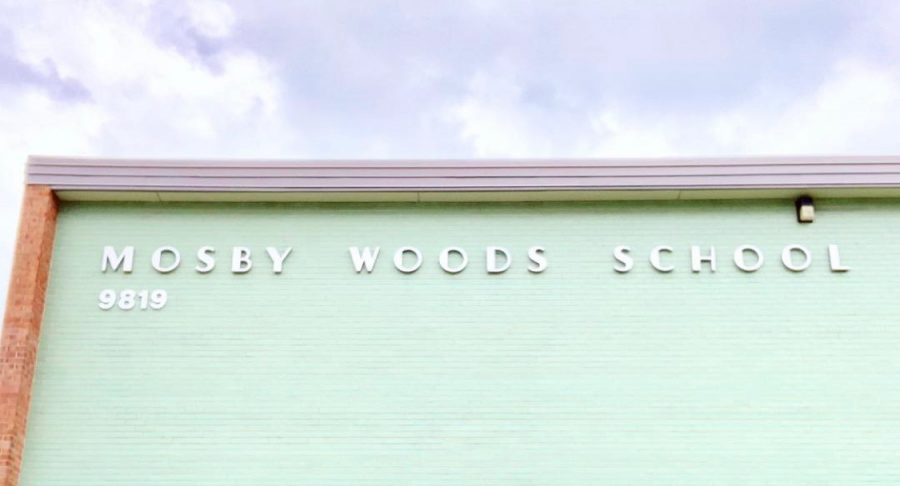Mosby Woods Elementary School proposes renaming
Is a Confederate icon the best reflection of the schools diverse community?
Mosby Woods Elementary School, an elementary school in Fairfax, Virginia, was home to many current Oakton students during their primary school years. The school is known for its diverse and welcoming community, and the promotion of inclusivity, kindness, and hard work among students. However, whether or not these values are reflected in the school’s name is questionable.
The school is named after John S. Mosby, who was a Confederate attorney and army cavalry battalion commander in the American Civil War. Many students, staff workers, and community members argue that the Confederate representation is a racist glorification of leaders who fought in the Civil War to maintain slavery in America. Naming a culturally diverse school after John Mosby is essentially a tribute to Virginia’s racist past as a Confederate state; a blatant example of existing white privilege in educational systems, and how it allows racist ideals to usurp symbolic capital from them and black communities. Memorializing Confederate icons amplifies social injustices and is a reminder of the racist ideals anchored into the daily environment and consciousness of the community in which they exist. “The name [Mosby Woods] represents a racist part of our country’s history and shouldn’t be the face of an elementary school,” says Gili Gordiyenko (10). “I can’t imagine the discomfort I’d feel if I were a person of color teaching at or going to that school. When I was a student there, we never even learned about the history of the name. It’s not a good representation of the school itself or the people in it.”
Across Virginia and the former Confederacy, white supremacy disguised as “nostalgia” is glorified in a surplus of forms. Robert E. Lee, J.E.B Stuart, Jefferson Davis, and numerous other racist historical icons are represented in not only school names, but street names, REC-Centers, and even public monuments such as statues. In fact, Mosby Woods Elementary is not the first to propose a name change. In 2017, J.E.B Stuart High School, named after a Confederate army general, underwent a drawn out renaming process which was sparked by the upset student body. The improvement was voted on by the school board, and the school was then renamed to Justice. Plenty of other schools and public centers will likely follow suit.
Some community members present the counterargument that renaming Mosby Woods is an erasure of American history. Many parents have also noted that the school should hold off on their plans and focus on more important issues, such as bringing students back to school in-person. Gordiyenko speaks on the topic. “I think [changing the name] is for the better. The only thing that should not be erased is the four centuries of trauma and oppression black people have faced. But naming a school after people who fought for their oppression is marginalizing black history.”
The community was asked to supply new name ideas for Mosby Woods. Some argue the school should not be renamed after another person, as some sort of controversy could be tied to nearly every historical figure. The most popular names catered toward this point are Mosaic and Five Oaks. Others suggest people they find suitable to name a school after; such as Katherine Johnson, Martha Washington, and even Ruth Bader Ginsburg.
The first virtual community meeting was held on October 1st, 2020. Since then, another meeting has taken place at which the board officially voted to proceed with the renaming process. One more virtual community meeting will be held before a School Board Public Hearing on the name recommendation, which is scheduled for December 2nd, 2020. The board will take action to approve the new name of the elementary school on December 3, 2020.
Hello! My name is Alicia. I'm a sophomore and excited to join the Journalism staff for the 2020-2021 school year! I have always loved writing, and am eager...



